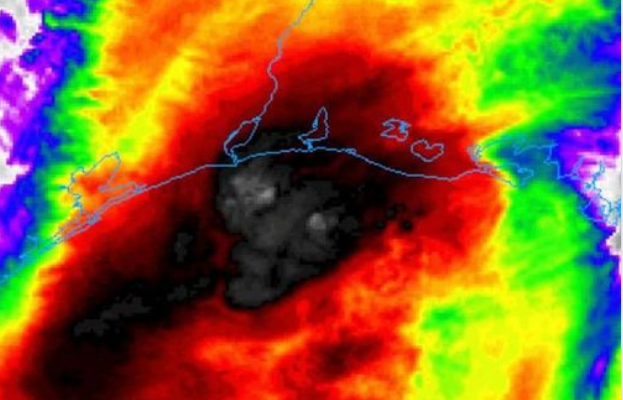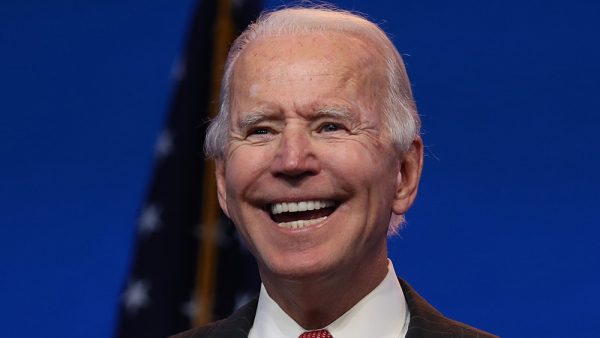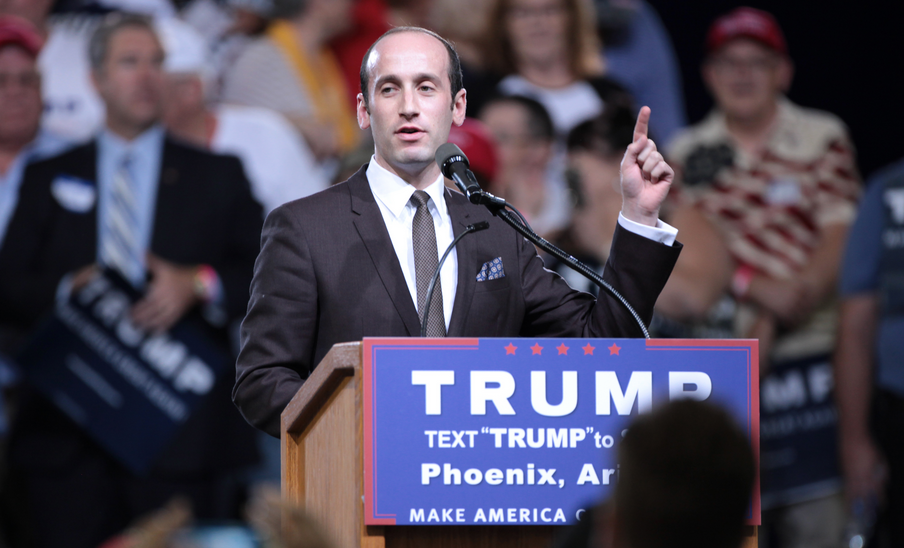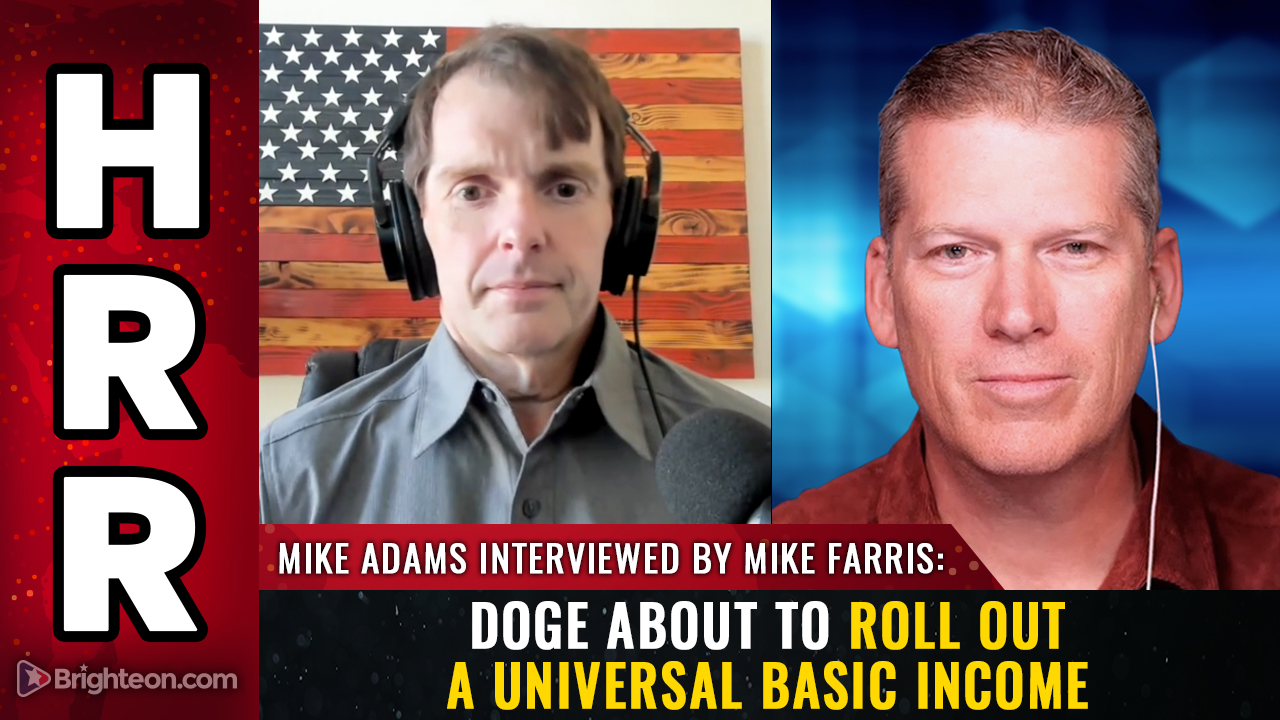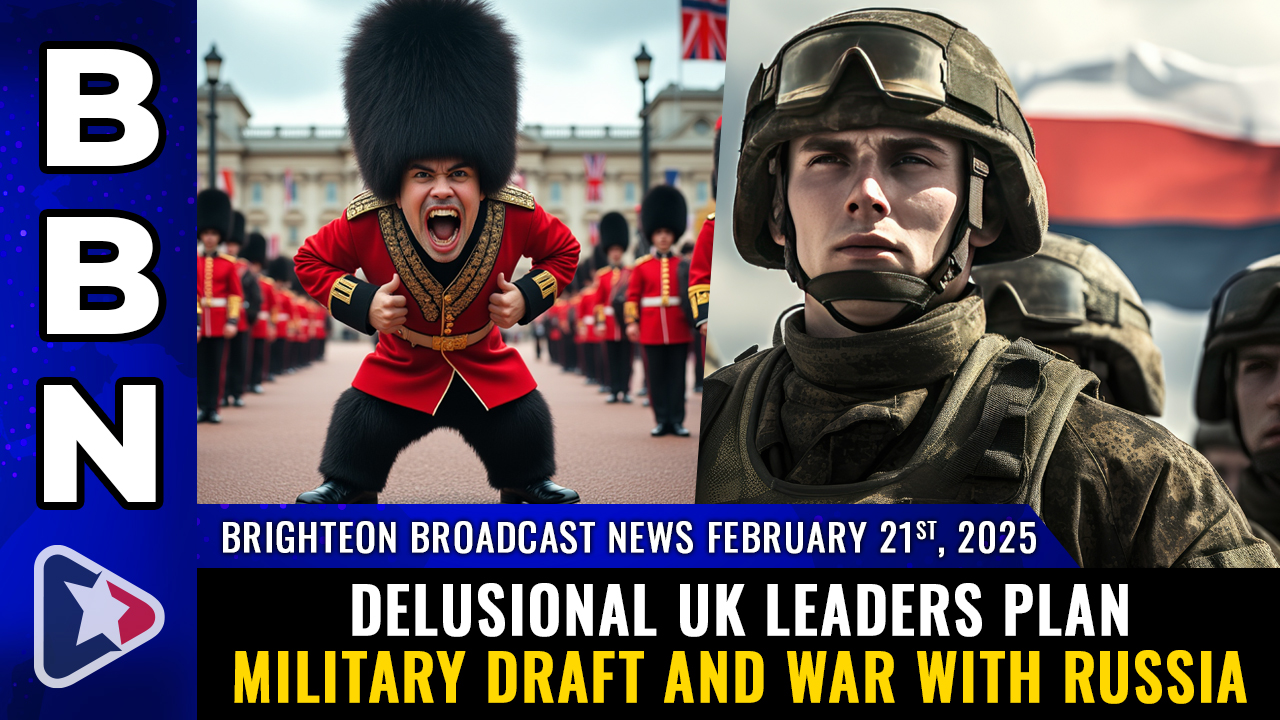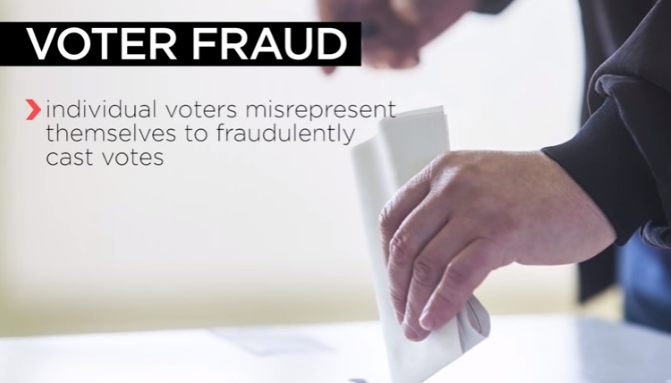 Parler
Parler Gab
Gab
The First Amendment is non-negotiable
The school district's argument against Kennedy was that if he was allowed to continue, as an employee, to pray on the field at football games, this would violate the First Amendment's Establishment Claus, which creates a separation between church and state. SCOTUS disagrees. "That reasoning was misguided," the majority opinion said. "Both the Free Exercise and Free Speech Clauses of the First Amendment protect expressions like Mr. Kennedy's. Nor does a proper understanding of the Amendment's Establishment Clause require the government to single out private religious speech for special disfavor." In his own opinion, Justice Neil Gorsuch stated that the issue of prayer at school goes beyond just the Constitution, representing "the best of our traditions." He further called for "mutual respect and tolerance, not censorship and suppression, for religious and nonreligious views alike." The ruling itself states that there is a reason why speech like Kennedy's is protected by both the First Amendment and the Free Exercise Clauses. It is this very thing, in other words, for which free speech rights exist. "That the First Amendment doubly protects religious speech is no accident," Gorsuch wrote. "It is a natural outgrowth of the framers' distrust of government attempts to regulate religion and suppress dissent." Even though Kennedy worked at a public school, his free speech does not represent "government speech," the court further ruled. Kennedy's words were in no way "pursuant to a government policy," nor was he "seeking to convey a government-created message." When Kennedy spoke, the ruling clarified, it was after the game was over, which means it was outside of his normal scope of duties as a school employee. In other words, he was doing it on his own time of his own volition, and thus had every right to do it without interference. More related news about free speech can be found at FirstAmendment.news. Sources for this article include: FoxNews.com NaturalNews.comThey are screwing with the weather maps: SUN is BAD!
By News Editors // Share
“Morally and intellectually corrupt”: UCLA professor resigns in protest over viewpoint intolerance
By News Editors // Share
The end of meat? Dutch “green” policies force dairy farmer to cull 95% of his herd
By Ethan Huff // Share
AstraZeneca widow strikes out at the mainstream media…
By News Editors // Share
Stephen Miller exposes government fraud, Left reels in outrage
By willowt // Share
Trump's New Sheriff in Town: AI, Decentralization, and the Future of America
By finnheartley // Share
UK Leaders Propose Military Draft and War with Russia: A Recipe for Catastrophe
By finnheartley // Share
